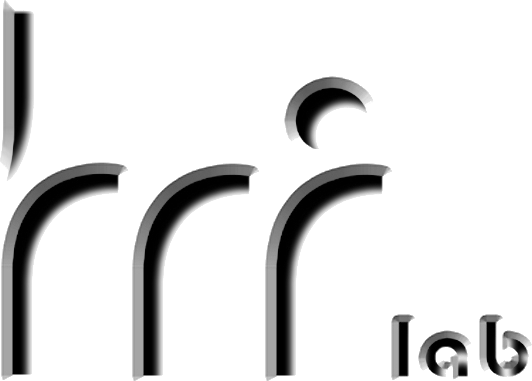We propose an integrated planning and learning approach that utilizes learning from failures and transferring knowledge over time to overcome novelty scenarios. The approach is more sample efficient in adapting to sudden and unknown changes (i.e., novelties) than the existing hybrid approaches. We showcase our results on a…
Keywords: reinforcement learning, planning, open-world AI, novelty accommodation
